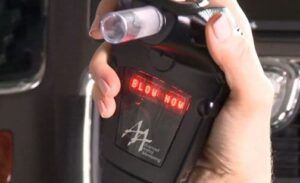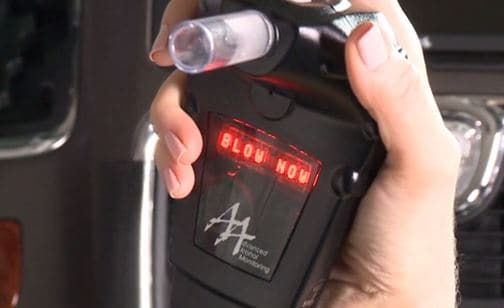 Are ignition interlock devices a penalty or a privilege? That’s one of the questions posed in a new study released by University of Kansas researchers called, ‘Buzz Kill: State Adoption of DUI Interlock laws, 2005-11’.
Are ignition interlock devices a penalty or a privilege? That’s one of the questions posed in a new study released by University of Kansas researchers called, ‘Buzz Kill: State Adoption of DUI Interlock laws, 2005-11’.
The data to support the use of ignition interlocks is readily available. If you ask the Centers for Disease Control, they’ll state that ignition interlocks are proven to reduce the likelihood that a convicted driving under the influence (DUI) offender will drive drunk again by up to 70%. The National Highway Traffic Safety Administration will tell you that drivers in fatal crashes are six times more likely to have a prior DUI conviction, so stopping them with an ignition interlock device can save lives.
Although ignition interlock devices are part of the penalty package for repeat drunk drivers in many states, they aren’t always required for first time offenders, and that’s the problem that the University of Kansas researchers took a look at. What they found was that, in general, people were viewing ignition interlocks as normal, run-of-the-mill DUI penalties or an easy way out of harsher punishments for DUI offenders.
If people would just change their mindset and view ignition interlock devices as one of the most effective ways to stop drunk driving and drunk driving crashes, attitudes toward requiring first offenders to use them may change.
The researchers also found that states who have ignition interlock laws have reaped the benefits of ignition interlock devices, and that includes a reduction in state-costs because the offenders themselves pay for the monthly fees. Despite that, ignition interlock opponents see the devices as a less severe method of punishment than other penalties, and don’t always see the benefit to having first time offenders use them.
What they hope to achieve from this study is simple: they’d like people to understand that ignition interlocks can stop all offenders from driving drunk again, and that passing ignition interlock policies to save lives in all states is worth the time it takes to pass the law.
